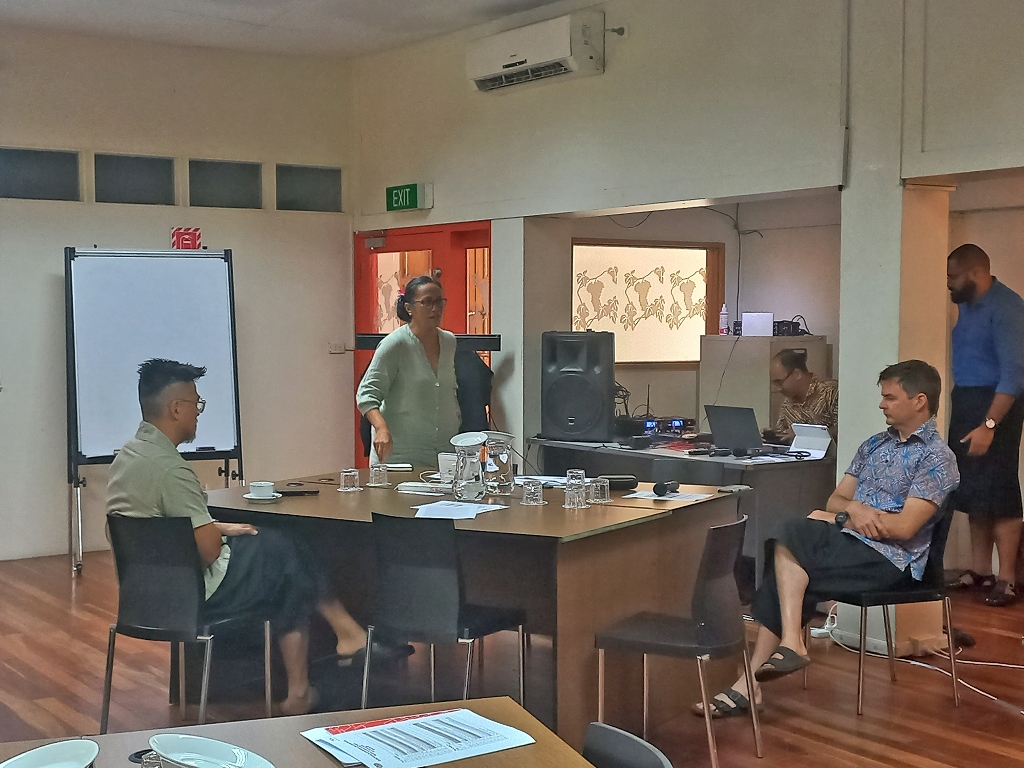There is a need for government to focus on taxes that could be collected quite easily such as Customs tariffs and corporate tax to increase its revenue stream with a proper assessment of the impact these will have on the sectors involved.
According to Chien Yen, an advisor for the Third World Network (TWN), if one looked historically at Fiji’s tax regime in terms of tax revenue, or direct tax, direct taxes, contribution to overall revenue has always not been very high.
Mr Yen said there was definitely scope for more taxes on corporations.
He is part of a two-day workshop focusing on Fiji debt situation organised by the Pacific Network on Globalisation (PANG).
Fiji’s debt stood at 50 per cent of the Gross Domestic Product (GDP) pre-pandemic and was pushed up to 91.1 per cent of GDP, coming down to $84.6 per cent this year.
The workshop highlighted Fiji’s national debt status and the government’s Medium Term Fiscal Strategy 2024-2026 set out to address the high public debt situation.
Mr Yen said Fiji’s debt levels were high by historical standards and the current government recognized the seriousness of the situation and had expressed the urgency to bring it down to more manageable levels.
According to Mr Yen the medium term strategy touched on certain measures such as “right-sizing” the civil service however he said there was still the issue of how this would impact service delivery and how it would affect key ministries such as education services.
Mr Yen said there were always challenges around collecting tax, suggesting mechanisms to be implemented by the tax administrator to be able to collect revenue effectively.
He said increasing taxes in sectors that were growing would be one idea whereby the increase lead to increased revenue.
An overall increase in value added tax (VAT) would seem regressive because it would apply equally to all regardless of their level of wealth and income.
“I think the impact on the poor, and people who are vulnerable will be most felt and I think both progressive economists and the civil society would look for a progressive tax structure rather than a regressive one.”
The workshop continues today.
Third World Network (TWN) is an independent non-profit international research and advocacy organisation involved in issues relating to development, developing countries and North-South affairs.
Its mission is to bring about a greater articulation of the needs and rights of peoples in the South, a fair distribution of world resources, and forms of development which are ecologically sustainable and fulfill human needs.



